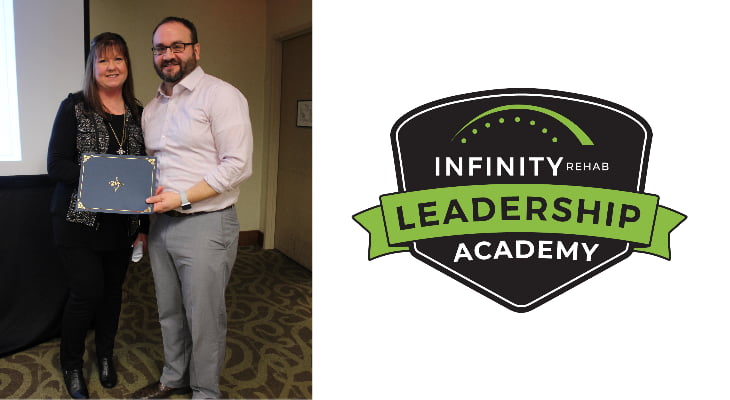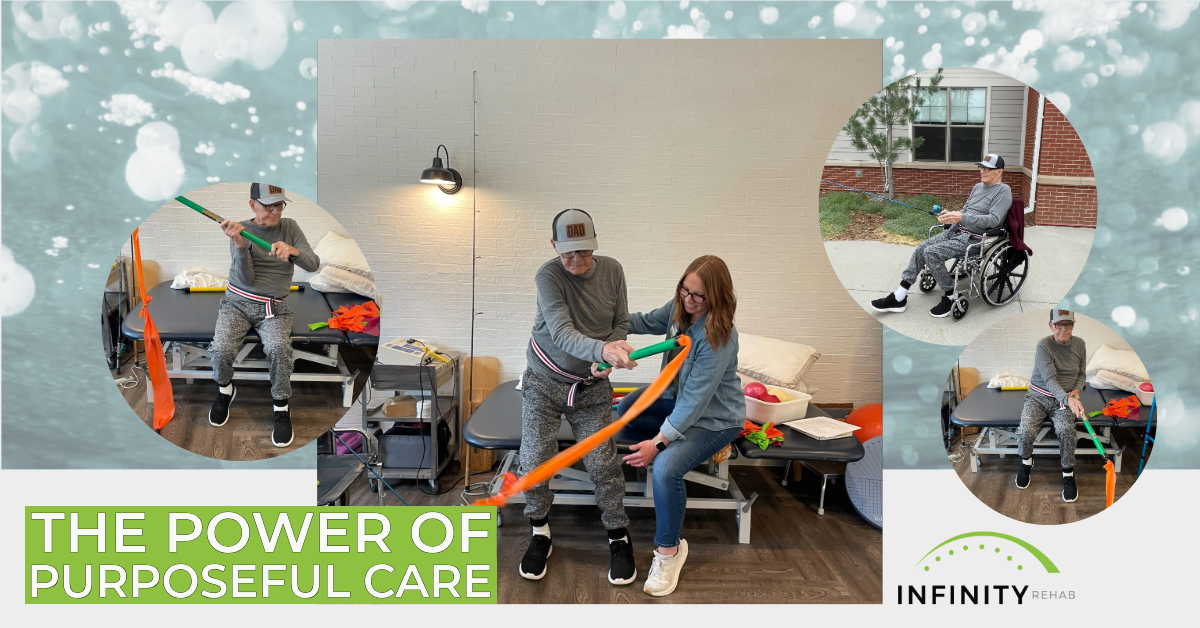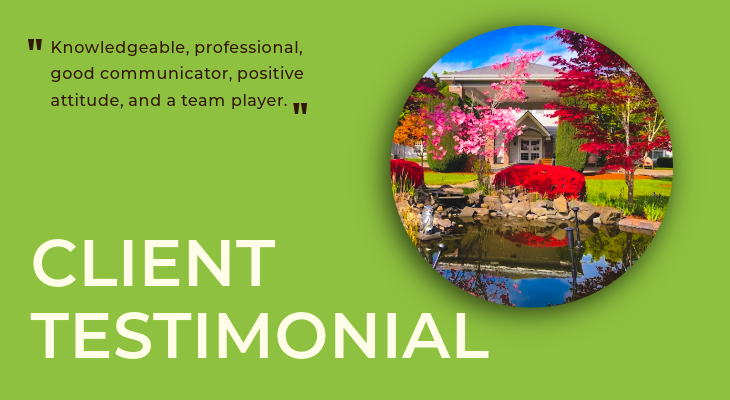Paula Marzolf, COTA/L, Director of Rehab with Infinity Rehab from Kearney, Nebraska, helped offer patients one of the best gifts in life: a dignified death.
As a volunteer for her local No One Dies Alone program for eight years, Paula noticed the program was typically only implemented in hospital settings.
This program benefits those near the end of life, offering them peace during a time of transition.
“This companionship offers the residents the most valued human gift – a dignified death.”
She decided this needed to change, and she took on the project of implementing the program in one of her skilled nursing buildings, Good Samaritan Society – St. Johns, as part of Infinity Rehab’s Leadership Academy, a program that allows clinicians to lead and impact change in their local area.
Three main goals
Paula identified three project goals in implementing NODA:
- Bring support, peace, and closure to dying individuals
- Establish NODA program in skilled nursing setting as a standard of care
- Ensure residents have a voice by listening to their wishes
“It’s our gift to them, and it’s also their gift to us as a volunteer to be a part of that process,” Paula shared.
Challenges
One of the initial challenges was getting the admin and director of nursing together for a meeting. She struggled to find time for both to meet.
She gathered the courage to initiate an unplanned conversation, which she admitted was difficult for her as someone who likes to set a plan. When she pulled the two together, she faced a second challenge: she had to ask for money to start the program.
To Paula’s surprise, her initial meeting went much better than she had hoped.
“They were so excited about the program, they automatically gave me three times the amount I needed to implement it,” Paula shared during her Leadership Academy presentation in January 2020.
But getting funding was just the beginning. Another challenge was recruiting volunteers, which Paula admitted was especially difficult amidst therapists adjusting to the new Patient-Driven Payment Model.
Paula was happy to report during her presentation that her NODA program had 12 volunteers.
Success with NODA
Paula measured success through feedback from families and staff, as well as how many people did and did not die alone.
She was pleased to report several successes with her newly implemented NODA program:
- Improving care provided in life and death
- Improving teamwork with all staff
- Attracting new employees (In fact, one nurse wanted to join the team because of this program, as she was searching for something meaningful in her career.)
Providing a dignified death is worth it all
From the challenging start to the successful implementation, Paula admitted, “Keep going no matter how hard it seems. It’ll pay off.”
Paula concluded her Leadership Academy Presentation by expressing her thoughts on the experience.
“I truly feel like I’ve grown as a leader this year,” Paula shared. “This is exactly what I was looking for with Leadership Academy.”
Paula and her team have completed phase one, employee volunteer training, and are planning phase two, community volunteer training, to be implemented when it is again safe to do so. This movement has been so well received that nearby communities are seeking Paula’s passion and expertise to implement this service.







